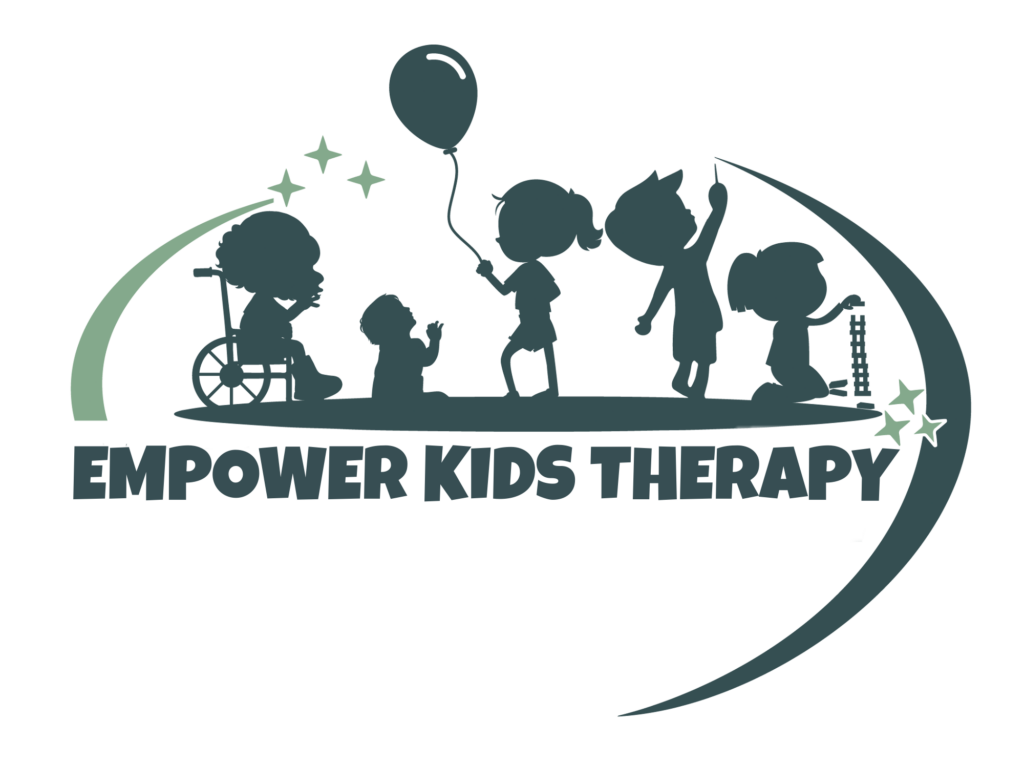Imagine being at the park. You are sitting at a picnic table, reading. You notice you are starting to get too hot, so you move into the shade. This triggers you to realize you are thirsty so you drink some cold water you brought with you. An hour later, you sense you have to use the bathroom.
You get up and find a bathroom to use. After, you realize you are feeling tired, and it is getting late in the day and you need to prepare dinner. You go home to eat dinner and then head to bed.
ALL of this was because your body was able to sense what it needed. The internal cues of your body were recognized, processed, and found a solution- that’s interoception!
The interoceptive system guides our body in maintaining balance, also known as homeostasis.
It’s also compared to the mind-body connection. It’s understanding what your body needs, and how best to respond to meet it. This processing includes:
- Hunger
- Digestion
- Thirst
- Sleep
- Body temperature
- Bowel movements
Many children with difficulties processing sensory input are unable to understand what their bodies need.
These children can have difficulty with many aspects of their everyday life including potty training, regulating their emotions, sleep, and hunger. This can cause them to be dysregulated and have difficulty engaging.








